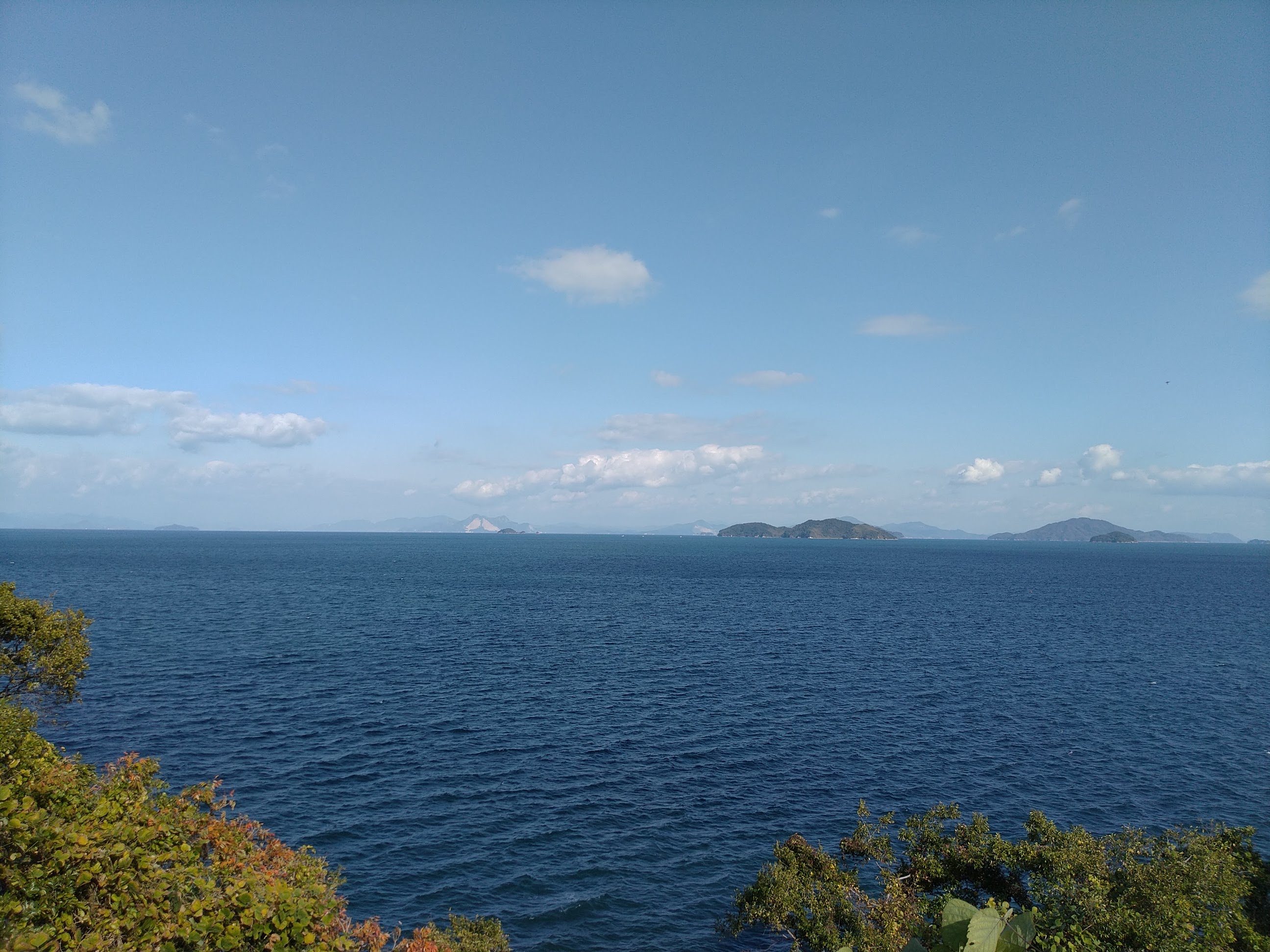Covid19 , and then.

Covid19 , and then.
The new coronas are raging.
As of April 14, the cumulative number of infected people worldwide is nearly 2 million, with 120,000 deaths. (Note: April 2020)
It is no exaggeration to say that this is the greatest human and economic crisis in the 55 years I have lived.
The biggest crisis did not come from the business category but through a completely different door.
We have lived through various social and economic milestones, such as the bursting of the bubble economy, the earthquake disaster, and Lehman Brothers, but this time the corona is on a different scale.
Its impact on the current global economy is just the beginning.
Not even 10% of the impact of this corona on the world economy has yet passed.
It is difficult to imagine the scale of the impact on the remaining 90%.
The corona has halted all types of economic activity.
The scope of its impact is not limited to a region, as in the case of the earthquake, or to an industry, as in the case of Lehman Brothers.
It affected "all" without any category.
And, without fear of being misunderstood, this virus is a very well-made virus.
(That's why there's so much noise about it being a man-made virus.)
Because it does not produce immediate symptoms like influenza, asymptomatic carriers can spread the infection.
The only way to control the spread of the virus is to isolate suspected cases from both healthy and unhealthy people.
Isolation = Forcing people to stop connecting with others.
This is the reason for the key words of this issue, "Segregation, Segregation, Segregation, Segregation.
It is a request for hermetic closeness, density, and closeness.
*However, it is amazing that Danmitsu's Danmitsu now ranks higher than Danmitsu's "sealing, seizure, and closeness.
In that sense, too, this virus is a challenge to human instinct.
Humans want to connect with others. We have an instinct to want to bond with others, to touch each other, and to feel others.
The third level of Maslow's theory of needs is social connection. It is a social need.
One way to suppress the instinctive needs and vexations is to fast.
In Islam, it is called Ramadan.
I have experienced Ramadan many times because I do a lot of business in Muslim countries.
The release of the instinct to eat after Ramadan is incredible, and the number of customers and the amount of food eaten in restaurants after Ramadan is unbelievable.
We are now experiencing complete disconnection and bonding.
When we stay at home in Stay at Home, the only human connection we have is with family.
Of course, unlike the past, we have the Internet and IT, so we can communicate with people using SNS and various other tools.
That alone may make me feel much lighter than I did in the pandemic days when IT had not evolved.
However, people are not looking for such thin connections that are only the thickness of a monitor.
A thicker, deeper connection is the kind of "bond" people are looking for.
A week or two goes by in a tight-knit group.
Do you feel something?
Is there something you miss?
Is there somewhere you want to go?
If what restaurants and eateries sell as their product is a substance (commodity) as "food," you can buy it at the supermarket, or take it out or have it delivered as an alternative.
If you order and eat furiously, like after an Islamic fast, you will be satisfied.
But that feeling now, I think, is probably the first time I've ever felt that way.
It's a desolate feeling.
I think that is what we, as restaurants, should offer as our real product.
Taste and food are important. Of course, deliciousness is also important.
The sense of connection and bond that customers seek.
The connection between employees, between employees and customers, and between customers and customers.
How much have the restaurants been providing this?
Have they shared it?
Up until now, customers came even if you didn't leave it alone.
What did you do with customers who came when you were full and couldn't get in?
Did you thank each and every customer who came to your store?
A restaurant is a favourite place for customers to go after work, a place where they can have a natural conversation with employees, a place where they can go with a group of people and be treated in a variety of ways. That kind of atmosphere.
There are many things I learned only after I could no longer go to the store.
Such things, such things.
We understood each other at Corona this time.
Customers feel the value of the human connections at the store only after they can no longer visit the store.
Stores also felt the value of having customers visit their stores.
We feel each other's value and feel lonely and desolate.
When Corona dawns and the disconnection and bond is broken, there will be many things we can do to show our appreciation for each other.
Customers, too.
And the stores.
I would like to cherish such a feeling.
Not only at the time of the dawn of Covid19 but for a long time to come.
Now is a difficult time.
It's hard work, but it's fun just to think about what I want to do after Corona.
I have a feeling that the relationship between the restaurant and the customer is going to be raised to two more levels.
It is only when you become extraordinary that you feel gratitude for the everyday things that you take for granted.
There are many things that you don't appreciate until you lose them.
Parents and lovers...
I am looking forward to the future!
AssentiaHoldings, Inc.
Akira Tsuchiya

